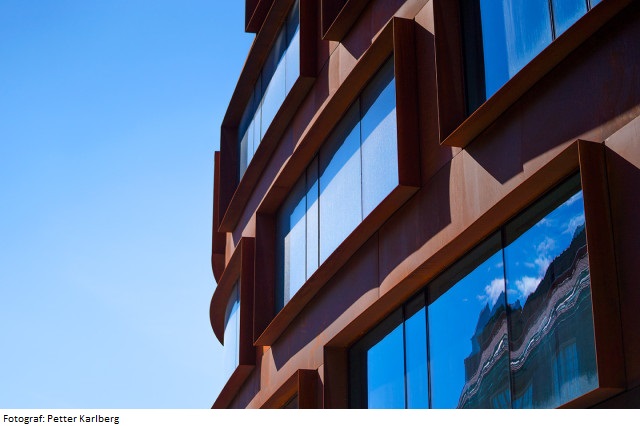This course provides an introduction to the architectural profession and its various identities. The objective of the course is to develop an understanding of different perspectives on the role of architects in society, and how architects function as part of a series of spatial, cultural, technical, economic, political, social, and ecological processes. The course illuminates the historical development of the architectural profession and its differentprofessional roles, studies contemporary practices and tendencies, and problematizes the architectural profession based on issues of power, systems of aesthetic values, culture, and gender.
The course is divided into 3 parts (1 academic credit for each part). It ties into students’ design studio work and reflects the various areas of the discipline of architecture represented in the KTH School of Architecture: Critical Studies, Basic Design, and Design Processes.
